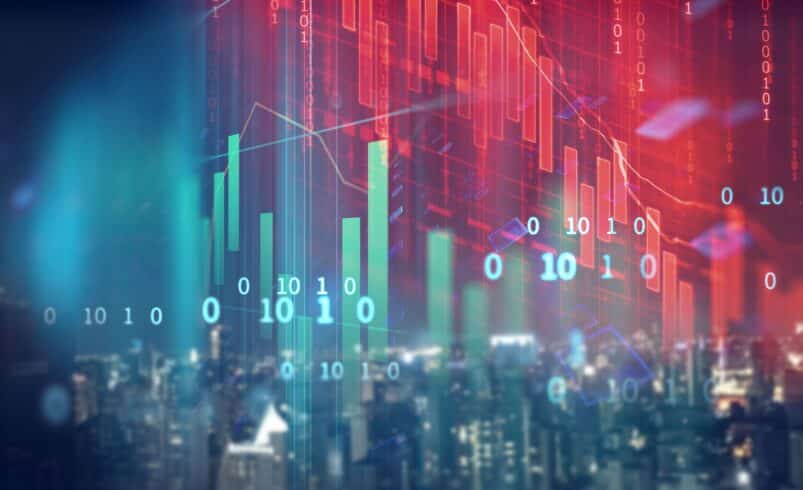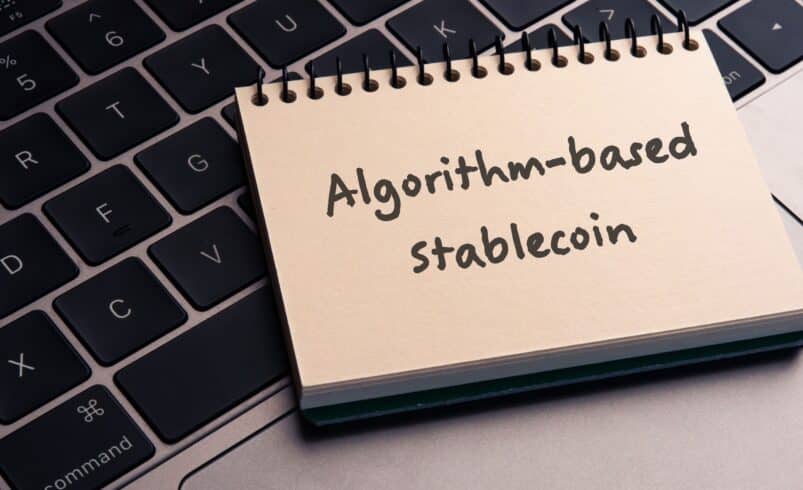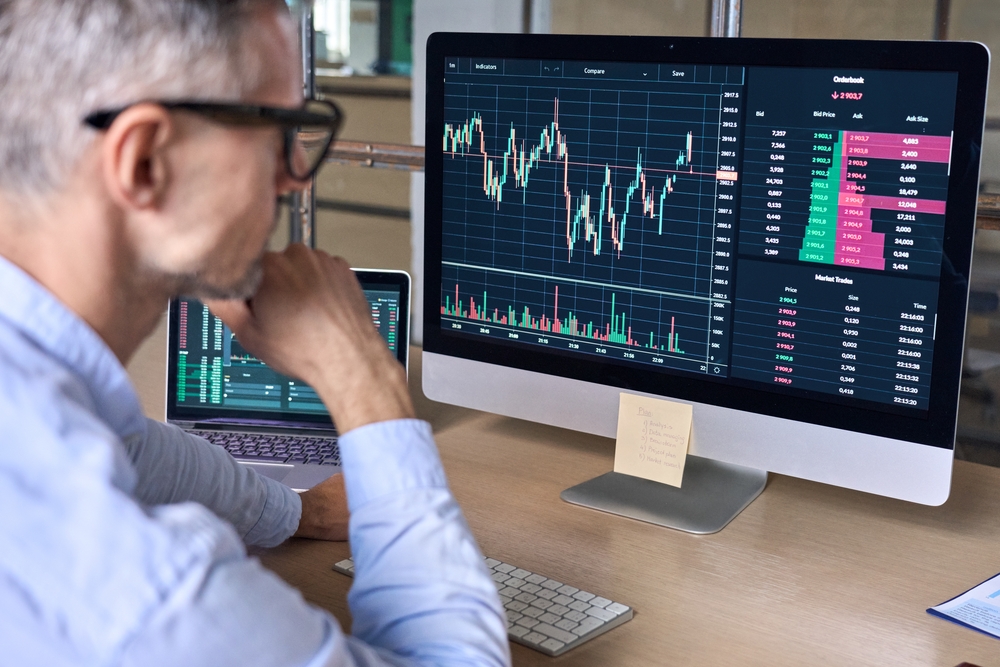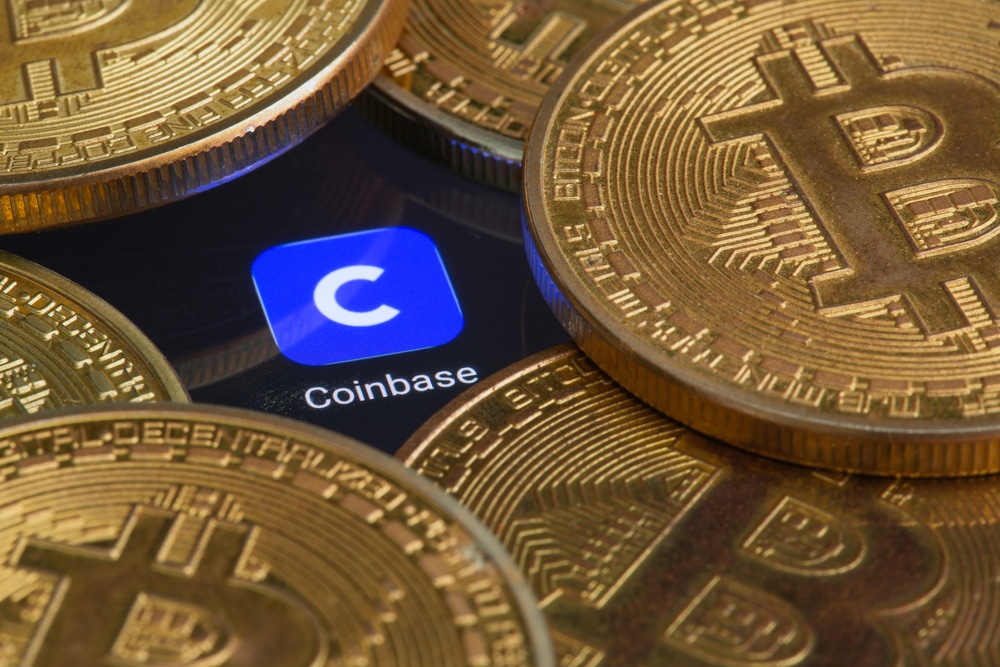Similarities and Differences Between Margin Trading and Futures Trading

Margin trading and futures trading are two prominent mechanisms in the trading sector. Both methods allow traders to control large trading positions with minimal capital, leading to the potential for substantial gains. This potential is primarily rooted in the principle of leverage, which can magnify both gains and losses in a trade.
Though both margin and futures trading utilize leverage, they have distinct differences. One notable distinction is their respective underlying assets. This guide delves into the nuances of both trading forms for a clearer understanding.
What is Margin Trading?
Margin trading entails securing a loan from a cryptocurrency exchange or a brokerage platform for investment purposes. It is a strategy employed by investors who may have limited capital but wish to engage in sizable trading ventures, hoping for substantial returns. They borrow funds from the trading platform to invest in their chosen assets.
One could draw a parallel between margin trading and casino activities. While margin trading is not gambling per se, the structure bears resemblance. Both scenarios present an opportunity for substantial gains with minimal investments but also carry the risk of considerable losses.
To secure a loan for margin trading, investors need to deposit a certain amount as collateral. If their trades are profitable, they can repay the loan to the platform. However, given the speculative nature of such trades, there’s a tangible risk of loss if trades do not proceed as anticipated.
What is Futures Trading?
Futures trading involves the commitment to buy or sell an asset at a specified price on a predetermined date in the future. Conducted on futures exchanges, these transactions revolve around derivative assets. A futures contract is an agreement between two parties: a buyer and a seller. They commit to transact when the underlying asset hits a specified price on a specific date.
Drawing an analogy, futures trading can be likened to placing a bet on a horse race. Just as one might wager on a horse’s potential victory, traders speculate on the future price of a cryptocurrency. Like the bets in horse racing, futures contracts have set expiration dates.
Futures also employ the principle of leverage. This means traders can control a significant amount of an asset while only putting down a fraction of its total value. Leveraging advanced technological tools, such as crypto futures trading algorithms, has made the process more streamlined and efficient than traditional methods.
Margin Trading Vs. Futures Trading: Comparisons
Leverage
In our discussion, it is evident that margin trading and futures trading both utilize the principle of leverage, allowing investors to assume sizable trading positions with minimal initial capital. This feat is achieved through borrowing funds from trading platforms.
Risk
Margin and futures trading present substantial risks, with the potential to magnify both gains and losses. Despite the requirement for only a small initial investment, traders risk losing a considerable sum of money if the asset’s price deviates from their prediction.
Speculation
The nature of both margin and futures trading is inherently speculative. Participants in the marketplace bet based on their speculation of future asset prices, relying on historical market behavior and price information for decision-making.
Contractual Obligations
There exists a binding contractual relationship between traders and brokerage platforms in both margin and futures trading scenarios. These contracts delineate critical trade details such as the required margin, asset pricing, and the expiration date for futures contracts.
Margin Trading Vs. Futures Trading: 5 Principal Distinctions
Asset Types
Margin trading primarily encompasses the trading of assets such as stocks, ETFs, and other immediate market assets. Conversely, futures trading caters to a broader array of assets, including but not limited to commodities, indexes, derivatives, and bonds.
Investor Profile
Short-term traders predominantly adopt the margin trading approach, whereas futures trading tends to attract a longer-term investment audience.
Leverage Extent
Margin trading typically offers leverage ranging from 5% to 20%, whereas futures trading can extend leverage up to an astounding 100%. As such, futures trading presents the potential for significant gains or losses.
Collateral Requirements
Trading platforms extend loans for margin trading based on the collateral provided. In contrast, futures trading necessitates a good-faith deposit to facilitate the transaction.
Trade Duration
While margin trading permits traders to maintain their positions indefinitely, futures trading is characterized by predetermined expiration dates.
Conclusion
Both margin and futures trading present attractive avenues for investors to engage in substantial trading activities, albeit accompanied by high risk. Given their complexity and the advanced trading strategies they entail, these trading methods are best suited for seasoned traders. Hence, participants must exercise caution, make informed decisions, and invest judiciously when engaging in these trading practices.
DISCLAIMER: It's essential to understand that the content on this page is not meant to serve as, nor should it be construed as, advice in legal, tax, investment, financial, or any other professional context. You should only invest an amount that you are prepared to lose, and it's advisable to consult with an independent financial expert if you're uncertain. For additional details, please review the terms of service, as well as the help and support sections offered by the provider or promoter. While our website strives for precise and impartial journalism, please be aware that market conditions can shift unexpectedly and some (not all) of the posts on this website are paid or sponsored posts.









